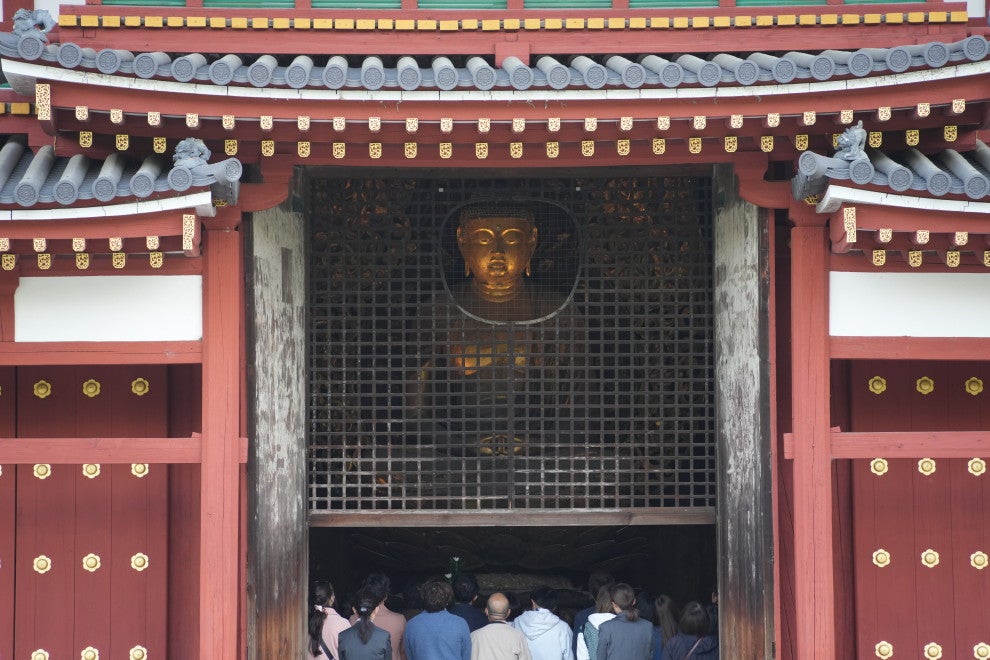The following is a continuation of the article by Jason Morgan and Michael Yong titled "U.S. Leftist Scholars Support Special Rapporteur Kaya," which appeared in yesterday's issue of the monthly magazine Seiryon.
This month's issue of Shoron demonstrates that subscribing to the Asahi Shimbun and watching NHK will not reveal the truth.
All Japanese citizens should immediately head to their nearest bookstore with 900 yen to subscribe.
U.N. report with a lot of points to poke at
The report on Japan that Kaya submitted to the U.N. Human Rights Council in June reveals a prominent strategy in its format.
Japan received attention along with Honduras and Turkey in South America and Cote d'Ivoire in West Africa.
By placing Japan in the same group as these countries, the report is clearly trying to create the impression that Japan ranks last in the world in freedom of expression and freedom of the press.
It is obvious to anyone who looks at the report that there are mistakes.
For example, paragraph 2 of the report states, "The Special Rapporteur (omitted) publicly requested input from civil society and other interested parties.
What this fails to mention, however, is that Kaya, with the help of Dudden and Wasserstrom and other far-left anti-American academics, ignored opinions that did not fit the prescribed results as U.N. Special Rapporteur.
Furthermore, the report is riddled with hypocrisy and contradictions.
For example, in paragraph 5, Mr. Kay laments "the impact of the Specified Secrets Protection Law on access to information."
However, Mr. Kaye's employer, perhaps even Mr. Kaye was aware of this, flaunts U.S. law to protect the specific secrecy of Mr. Kaye's U.N. report.
In paragraph 6, Mr. Kaya complains about "access to information." In paragraph 8, "States (in this case Japan) must, in any case, avoid condemning journalists, even if the content of their reporting is severe or sensitive.
Unfortunately, Mr. Kaya and his far-left friends did not grant us "access to information." When we and other journalists were investigating Mr. Kaya and his contacts, we were "condemned" by their contacts.
Mr. Kaya should have mentioned this point.
Paragraph 10 concerns the "comfort women" and Japan's "historical crimes."
Unsurprisingly, this paragraph is primarily a report by Ms. Dudden, an activist on the comfort women issue.
It is highly convenient for Dudden to associate with Kaya, so he has access to U.N. documents and can write comfort women propaganda endorsed by major international organizations.
When journalists attempt to expose this move, Mr. Kaya does not follow the standards of journalistic openness he advocates.
Finally, most of Kaya's criticism of Japan's "intervention in history education" in Paragraph 6 and Document 1 is based on fake news, as is the comfort women issue propaganda.
According to several books on Japan-Korea relations written by Professor Kan Kimura of Kobe University based on careful research, for example, the "history textbook controversy" in the 1980s (which many in Japan, South Korea, and the U.S. took as evidence of Japan's "rightward shift") was statistically The book shows that there was no statistical basis for the controversy.
The Asahi Shimbun made an erroneous report about not being a problem on September 19, 1982.
Since then, until today, the Asahi Shimbun and the U.S. academic community have been virtual dance partners in the "fake news waltz."
And now Kaya is setting the tone.
The U.N. Cover
The overall picture that emerges is highly problematic.
David Kaya, a biased, recently founded, and little-known law school faculty member, was used by political agents within the U.S. academic community to craft a Japan-bashing report under cover of the U.N. that the Japanese government is restricting free speech.
More to the point, the report is a hypocritical camouflage for the political "dirty war" waged by the anti-Japanese left from the faculty room against U.S. allies.
Moreover, the timing of the U.N. report and the publication of his book are not coincidental, as Kaya has just published a new book in the U.S.
His Twitter feed is full of posts about his new book and photos of him with readers.
The surprises don't end there.
The conspiracy surrounding Kaya was much more significant.
In an email in which Dudden instructed Kaya to ignore conservatives in Japan, Dudden promised to contact Nancy Pelosi, a Democratic congresswoman from California and now Speaker of the House, on the comfort women issue.
Ms. Dudden appears to have a history of association with the left-wing camp in Washington.
She is believed to have used her political position to increase her political power in U.S. academia and provided Kaya with the information she had obtained.
It should not be forgotten that Ms. Dudden is a disciple of Norma Field, a professor emeritus at the University of Chicago, one of the far-left professors in the United States.
Ms. Dudden is only connected to Communists such as Margaret Mead, Ruth Benedict, and E. Herbert Norman, supporters of the "War Guilt Information Program (WGIP)," which instilled a sense of guilt in the Japanese people.
Thus, the anti-Japanese network surrounding Kaya knows no bounds.
We will continue to expand the scope of our investigation to find out more about the anti-Japanese background. After all, Kaya firmly believes in freedom of speech, so we will disclose all the information hidden from the public and set an example of free speech.
